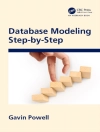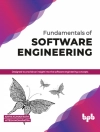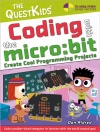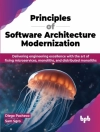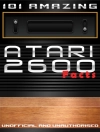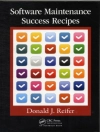Service-Oriented Computing is one of the most promising software engineering trends for future distributed systems. Currently there are many different approaches to semantic web service descriptions and many frameworks built around them. Yet a common understanding, evaluation scheme, and test bed to compare and classify these frameworks in terms of their abilities and shortcomings, is still missing.
Semantic Web Services Challenge is an edited volume that develops this common understanding of the various technologies intended to facilitate the automation of mediation, choreography and discovery for Web Services using semantic annotations.
Semantic Web Services Challenge is designed for a professional audience composed of practitioners and researchers in industry. Professionals can use this book to evaluate SWS technology for their potential practical use. The book is also suitable for advanced-level students in computer science.
Зміст
to the First Year of the Semantic Web Services Challenge.- SWS Challenge Scenarios.- Mediation Individual Solutions.- Mediation using WSMO, WSML and WSMX.- A Software Engineering Approach based on Web ML and BPMN to the Mediation Scenario of the SWS Challenge.- Service-oriented Mediation with j ABC/j ETI.- A Declarative Approach using SAWSDL and Semantic Templates Towards Process Mediation.- Automatic Generation of the SWS- Challenge Mediator with j ABC/ABC.- Mediation Solutions Comparisons.- Comparison: Mediation Solutions of WSMOLX and Web ML/Web Ratio.- Comparison: Mediation on Web ML/Web Ratio and j ABC/j ETI.- Discovery Individual Solutions.- Instance-based Service Discovery with WSMO/WSML and WSMX.- Using Glue to Solve the Discovery Scenarios of the SWS-Challenge.- Semantic Service Discovery with DIANE Service Descriptions.- An Approach to Discovery with mi Aamics and j ABC.- Discovery Solutions Comparisons.- Service Discovery with SWE-ET and DIANE – An In-depth Comparison By Means of a Common Scenario.- Comparison: Discovery on WSMOLX and mi Aamics/j ABC.- Comparison: Handling Preferences with DIANE and mi Aamics.- Lessons Learned.- Status, Perspectives, and Lessons Learned.


